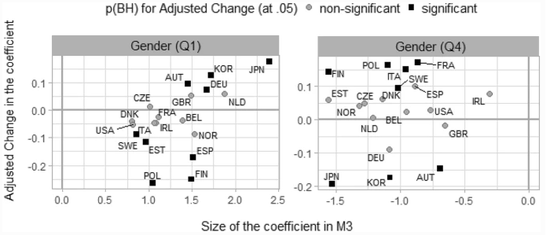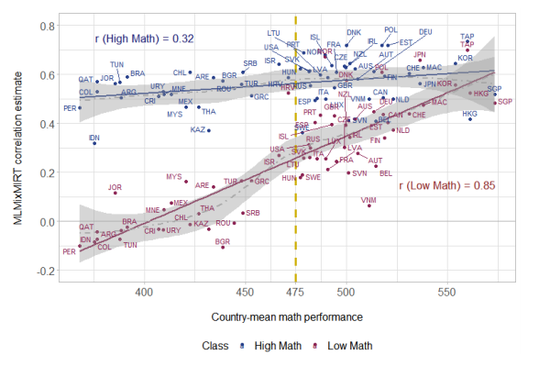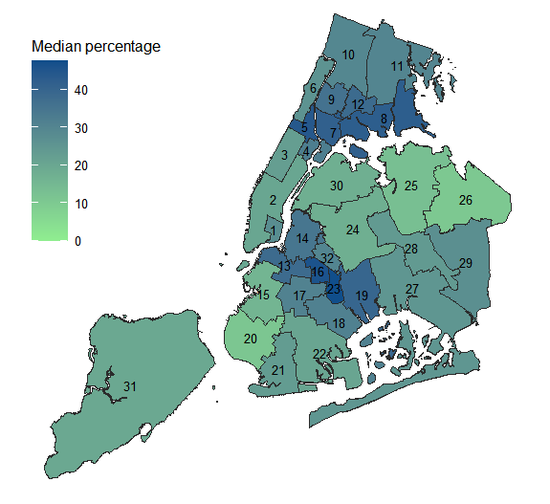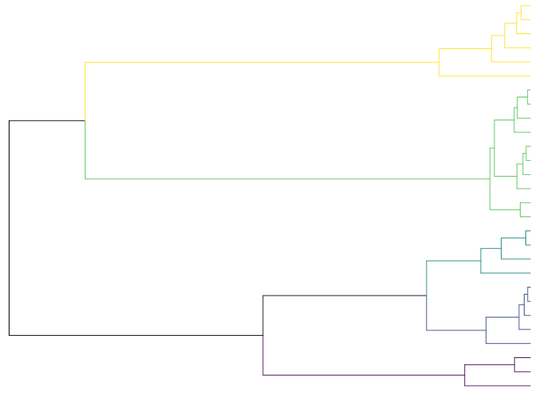Gulsah Gurkan
Applied Statistician | Data Scientist | Quantitative Researcher
Welcome!
I am passionate about quantitative research and data science. On my website, you will find projects and blogs that may be helpful for your own work!
- Driving insights from large datasets
- Survey design and research
- Psychometrics
- Causal inference and experimental design
- Algorithm development and implementation
- Reproducible research
Ph.D., Measurement, Evaluation, Statistics, and Assessment, 2021
Boston College, Chestnut Hill, MA, USA
M.S. & B.S., Physics (minor in Education), 2011
Bogazici University, Istanbul, Turkey
Tools
Projects

Data prep: Python vs R dplyr
Contains both a Python notebook and an R script for the same data cleaning and wrangling task to demonstrate the equivalent code structures.

ATA
An R package available on CRAN R repository providing a collection of psychometric methods for automated test assembly.

Defensible inferences from a nested sequence of logistic regressions: a guide for the perplexed
Gurkan, G., Benjamini, Y., Braun, H. (2021). Large-scale Assessment in Education, 9(16).

Dissertation
From OLS to Multilevel Multidimensional Mixture IRT: A Model Refinement Approach to Investigating Patterns of Relationships in PISA 2012 Data.

NYC Chronic Absenteeism Heatmap
Demonstrating how to create a heatmap using GeoJSON spatial data. Employing json files via web links is also exemplified.

NCES Common Core of Data Wrangling
R script that reads in and preps data files in an automated fashion, conditional on file type (e.g., .zip, .csv, .txt, etc.).

Multivariate Statistics
Code developed for practice sessions of a Multivariate Statistics course; topics covered such as logistic regression, principal component analysis, and discriminant analysis.